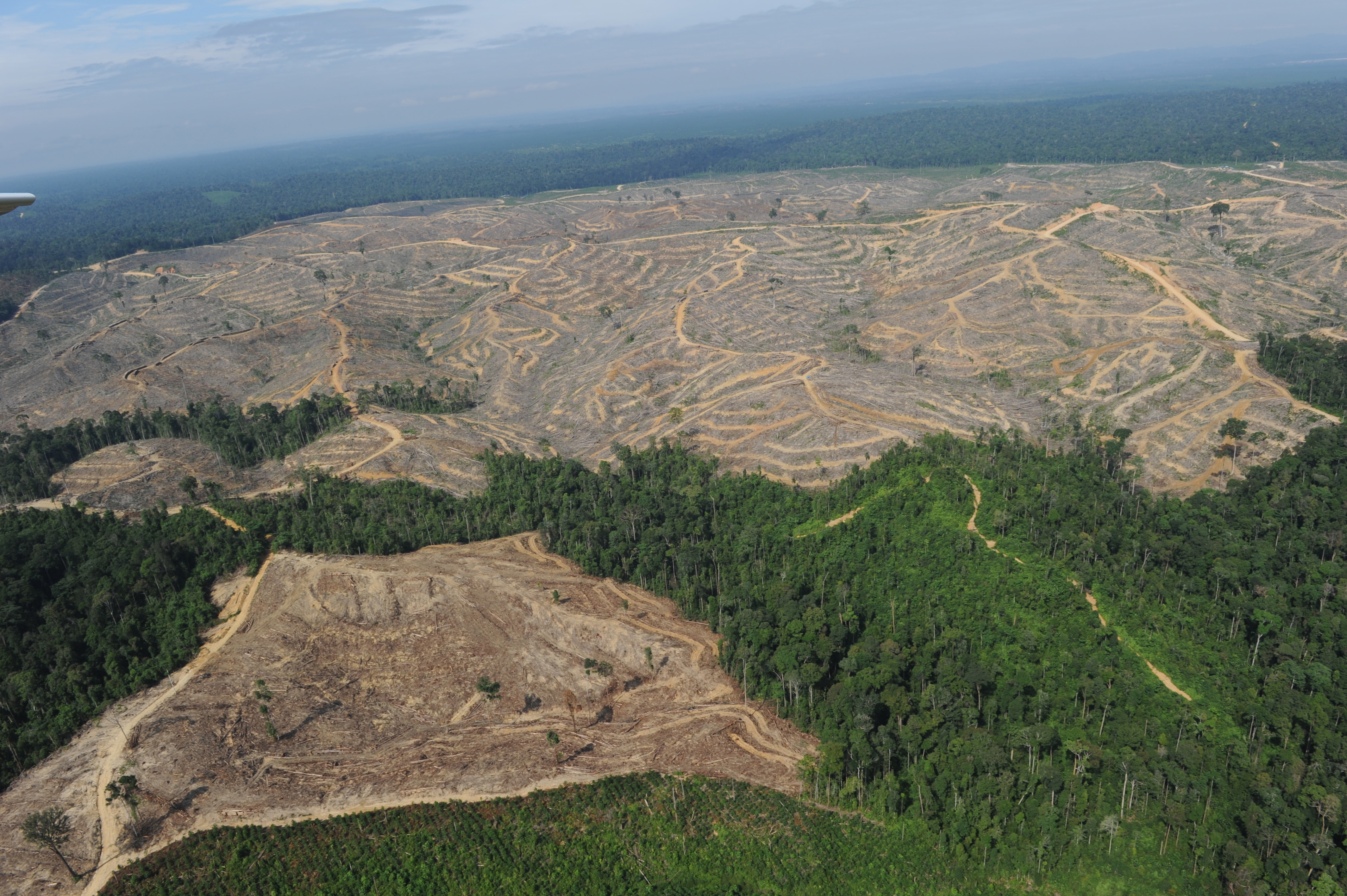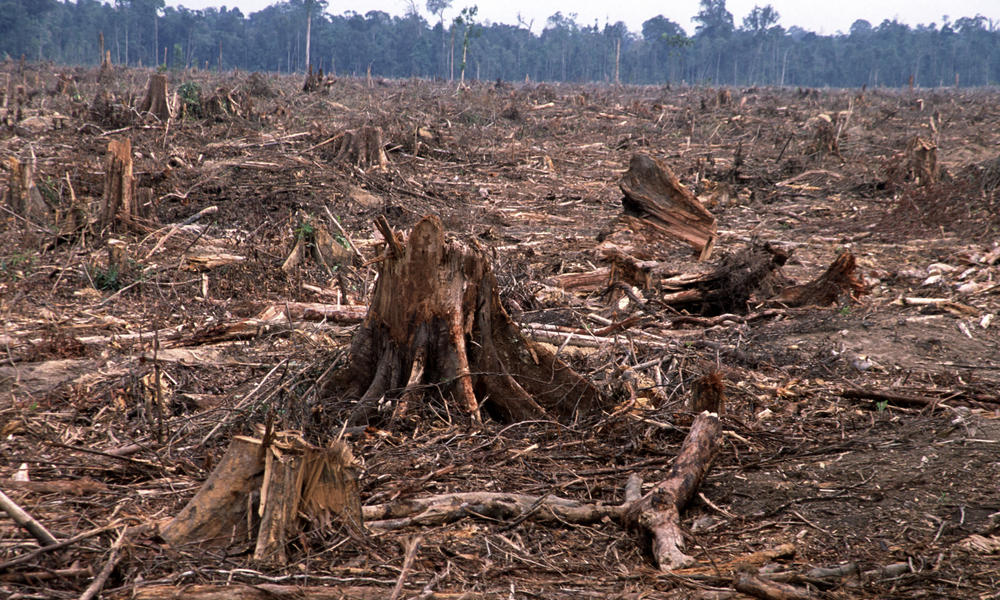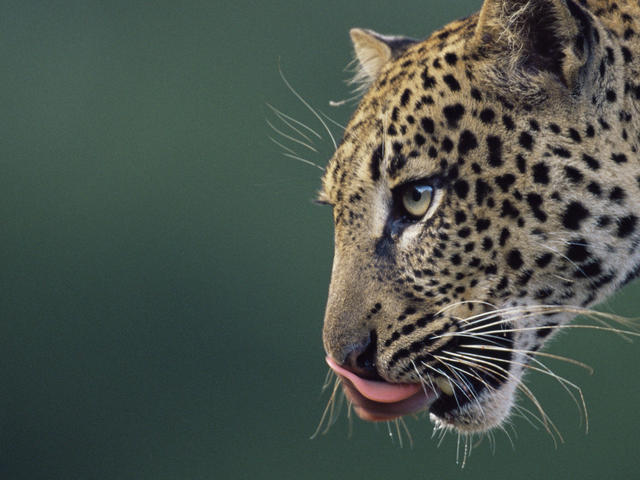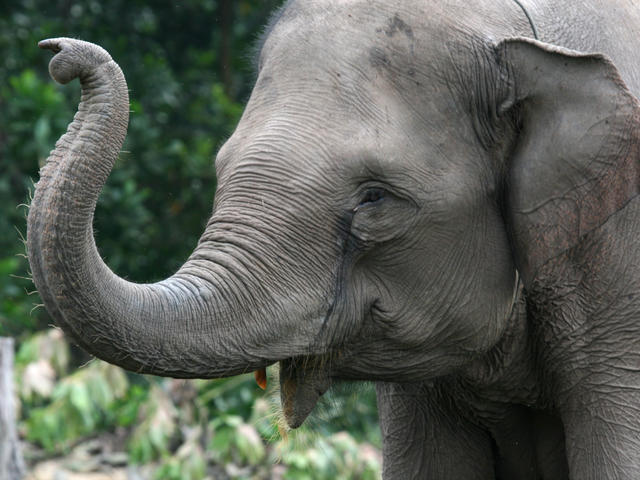At one point or another, everybody has heard an environmentalist say that we need to “save the rainforest.” However, people usually ignore this message and continue on with their daily lives. They do not see the importance of saving the rainforest because they feel that it does not directly affect them and that there will always be enough trees. The problem is that these beliefs could not be farther from the truth.

Deforestation is “the permanent destruction of forests in order to make the land available for other uses” (livescience.com). This phenomenon is currently destroying forests as we know them. It is even believed that the rain forests will disappear completely within the next one hundred years if we continue this rate of destruction (nationalgeographic.com). Every year, we lose an area of rainforest that is the size of Panama (FAO).

If we know these statistics and realize how close we are to depleting the world’s supply of forests, then why do we continue to behave in such an irresponsible manner? The answer has multiple parts.

The biggest driving factor for deforestation is agriculture (nationalgeographic.com). Much of the land is cleared in order to make room for growing crops or for grazing livestock. Even though some of this deforestation is by small farmers who need to feed their families, most of it is done to produce large-scale cash crops, like palm oil and soy, that can be sold for an economic gain (livescience.com).

Deforestation to make room for palm oil plantation
Another cause of deforestation is logging, which produces our supply of paper and wood products (nationalgeographic.com). Half of this practice is even used for firewood (livescience.com). One problem with logging is that much of it is done illegally, which means that loggers do not follow the standards that have been set to limit the destruction of the forests (livescience.com). Furthermore, loggers must build roads to have access to the forests, which only destroys even more of them.

A final contributing factor to deforestation is actually not the intentional actions of man. For example, wildfires are a cause of deforestation and are completely natural. Furthermore, overgrazing can add to the deforestation amount even though it may be accidental (nationalgeographic.com).

Now that I have described what exactly causes deforestation, it is important to explain the effects of this phenomenon.
Even though people do not realize it, deforestation can have a direct impact on their lives. As I have mentioned in a previous blog, climate change is a serious issue that currently exists. To make matters worse, deforestation contributes to this climate change by providing between twelve and seventeen percent of annual greenhouse emissions (World Resources Institute). Trees absorb carbon dioxide (greenhouse gas) so that it is not omitted into the atmosphere. However, the trees lose that ability when they are cut down. Therefore, the gas that would normally be absorbed by trees is making its way into the atmosphere and causing climate change. (Refer to my previous post here about climate change)

Another consequence of deforestation is the loss of many species. Research says that about “seventy percent of Earth’s land animals and plants live in forests” (nationalgeographic.com). Without the forests, these species will be unable to survive and will become extinct. This can be detrimental to humanity because many discoveries, such as medicine, come from studying plants and animals. If we lose species, then we also may be losing a cure to a horrible disease.

Amur Leopard

Asian Elephant
Yet another consequence is soil erosion. Trees are what anchor the soil to the ground and what provide the soil protection from the sun’s rays. Therefore, without them, the soil can dry out and erode. This leads to an increase in flooding and a decrease in arable land (livescience.com). It has even been estimated that deforestation is responsible for the loss of a third of the world’s arable land since 1960 (WWF).

Even though deforestation is currently a major problem for the environment, there are means of addressing this issue. The fastest and most effective solution would be to stop cutting trees. Given the extreme effect that this would have on the economy, though, this will not happen. A more realistic solution is to cut down trees in a more responsible manner. This means to completely eliminate the clear-cutting that destroys forest habitats and to plant young trees to replace the ones that are being cut down. Doing such will lead to a more sustainable practice of cutting down trees since the forests and their inhabitants will not be damaged as much as they are now (nationalgeogrpahic.com).

http://www.livescience.com/27692-deforestation.html
https://worldwildlife.org/threats/deforestation
http://www.facingthefuture.org/IssuesSolutions/Deforestation/tabid/182/Default.aspx#.UzPtlnm0bf4

Pingback: Planeta Pamant in cifre | raw4all
I can see how passionate you are about the environment, and I’m glad you explored this in depth. Deforestation has been a problem that we’ve heard about for all of our lives, yet we continue to live wastefully and cut down trees with no thought on planting others in their places. Your inclusion of pictures really demonstrated your points because the reader can clearly see the damaging consequences and the animals that will be effected. One day our actions will catch up with us if we do not start conserving more now.
I thought about writing about deforestation for my blog post this week too. I think you did a great job explaining the causes and consequences, and I loved all of the graphics. Deforestation is such a huge problem especially because of the reduction in biodiversity. Many plants and animals in the rain forrest have not been studied a whole lot, and seeing that some plants have medicinal properties, it seems foolish to be destroying these areas that could greatly benefit us, and the diversity of life on Earth.